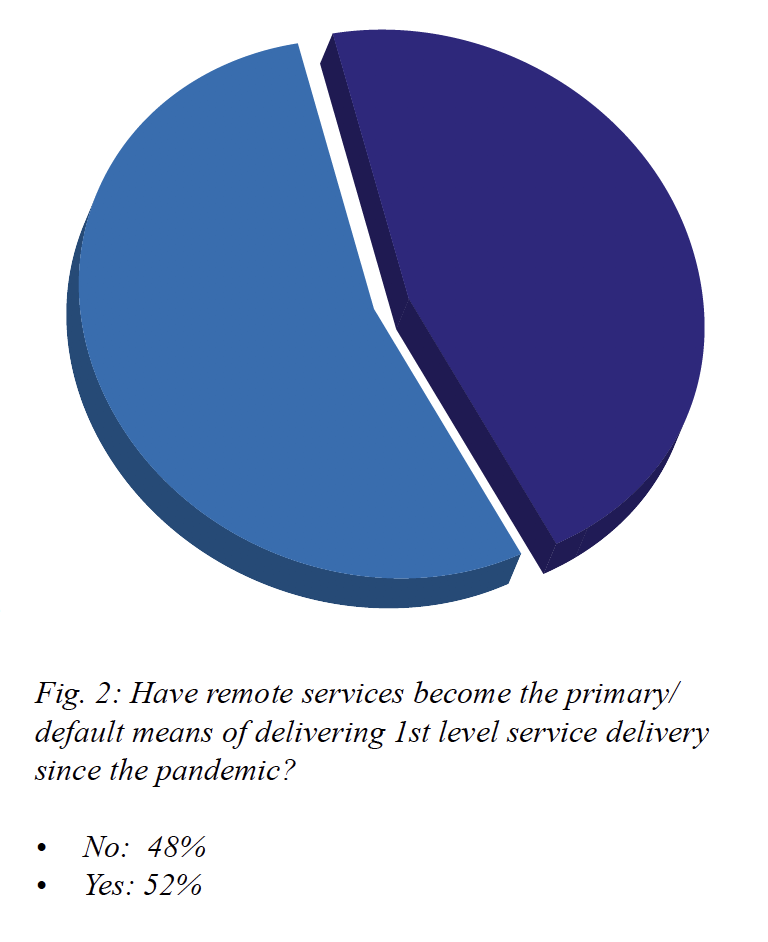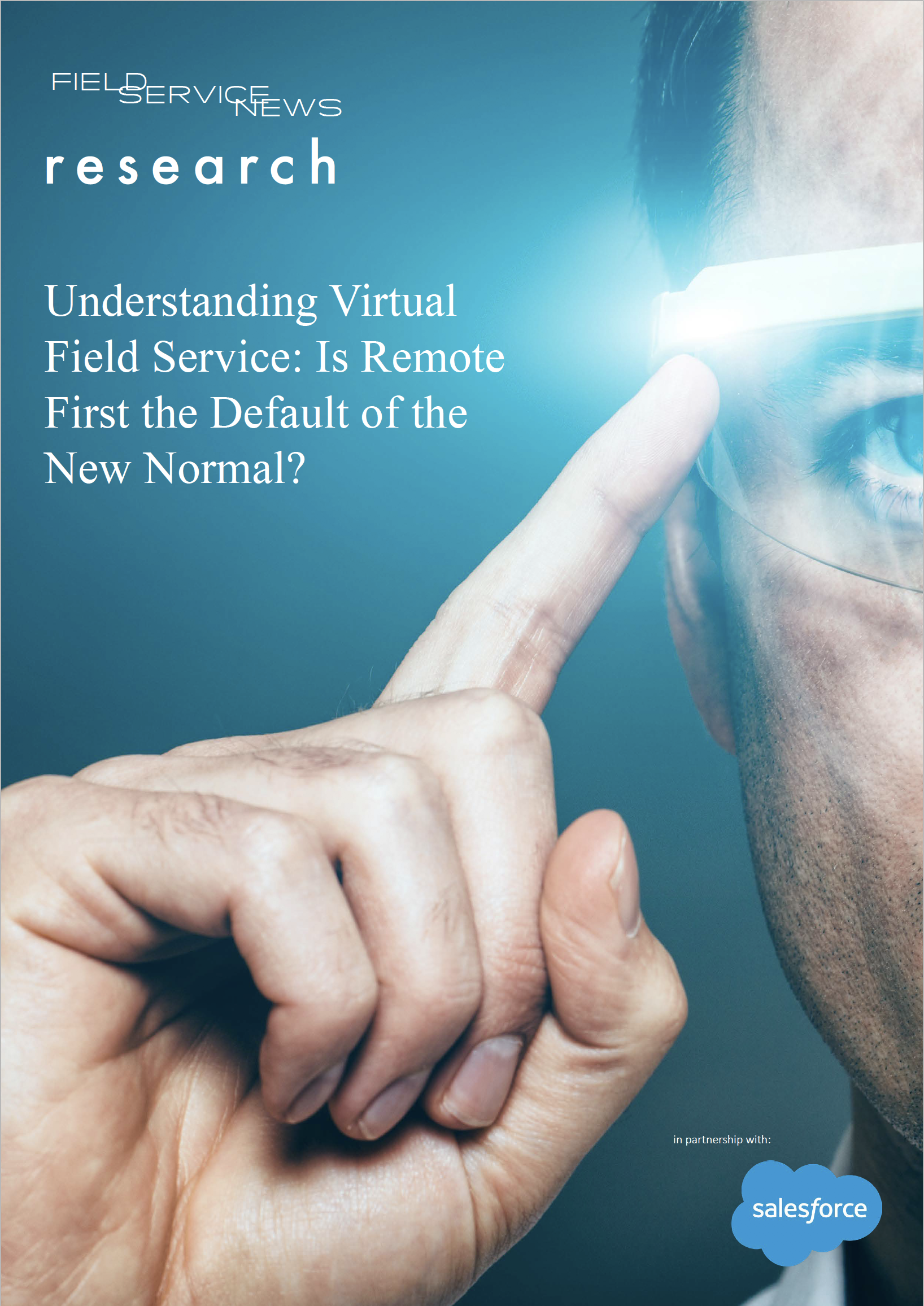In this, the last article in this series analysing the findings of an exclusive research project run in partnership with Salesforce on the impact the rapid adoption of remote service delivery will have on the field service sector we established the prevalence of the adoption of such tools. Now we look at whether remote-services will become a mainstay if service delivery moving forward, or is it just a tool to navigate the challenges of the pandemic?
The first thing we should consider is that when there is such a seismic shift across an entire sector, both from the perspective of the service provider and the customer, the likelihood of returning to the status quo that came before is exceptionally low. Indeed, while such an explosion of innovation, not only in technology adoption but also more importantly, in our very thinking around what service delivery means, would always have a lasting impact.
However, now as we enter into the second wave of lockdowns across the world, the importance of having the capability to deliver service remotely has become so fundamentally re-enforced, that the Genie is never going to be put back into the bottle.
Again, the study findings completely endorse this assertion.
Building on the initial series of questions that were designed to understand both the prevalence of remote service capabilities and also the market pressures that are driving adoption, we turned our line of questioning towards how this will shape the future of field service management.
 To begin, we wanted to establish whether the shifts we are seeing appear now were likely to become a fundamental aspect of the new normal. The response was overwhelming, with 91% of field service companies represented within the study stating that they believed this would be the case.
To begin, we wanted to establish whether the shifts we are seeing appear now were likely to become a fundamental aspect of the new normal. The response was overwhelming, with 91% of field service companies represented within the study stating that they believed this would be the case.
However, perhaps the more burning question is whether remote service delivery is seen as an alternative solution that can allow field service organisations to deliver service when on-site service visitss are either restricted or not possible, or whether we will see remote service delivery become the default approach that service companies adopt when it comes to issue resolution.
There are many arguments for and against this premise, which Field Service News explored in an initial white paper published in partnership with Salesforce that ran as a prelude to this research study. This paper titled ‘Redefining the Value Proposition of Service in a World of Remote First Service Delivery’ explored the different facets that balance this equation from both the service providers’ and the customers’ ‘perspective.
We will explore this discussion further as we continue to analyse the findings of this study, which will help shine additional light onto how the industry is viewing the role of remote service delivery within the service delivery playbook of the new normal. However, it should be noted that thinking around such new approaches to service delivery, of course, remains very much within its infancy. Yet, even now at the early phases of this radical departure from the way things were before, we can see an initial groundswell of companies moving towards adopting a remote-first approach to service delivery as a default.
Having asked our respondent group if remote service delivery has become their primary/default means of delivering first-level service delivery since the pandemic, approaching half (48%) of field service companies confirmed that they had (figure 2).
This begs the question, with such a dramatic break away from the status quo, will we need to completely redefine the value proposition of service delivery as our initial White Paper asked?
 Want to know more?
Want to know more?
You can find the full paper in the premium resource library.













